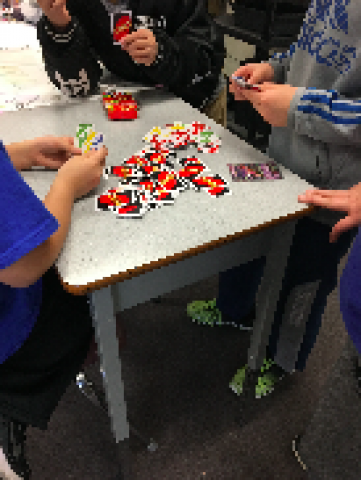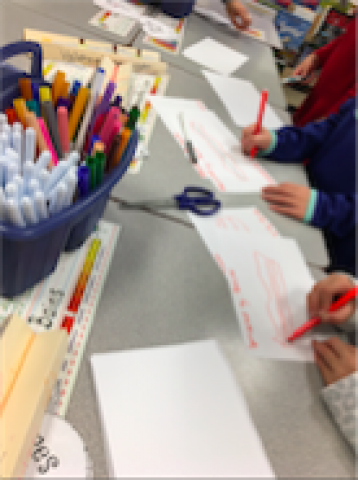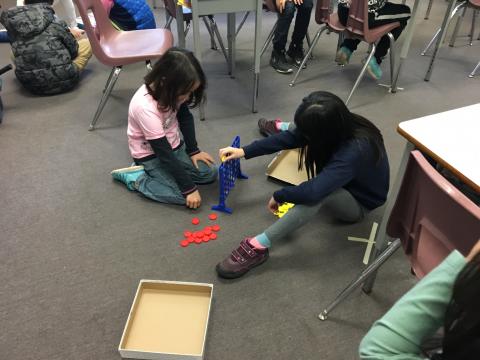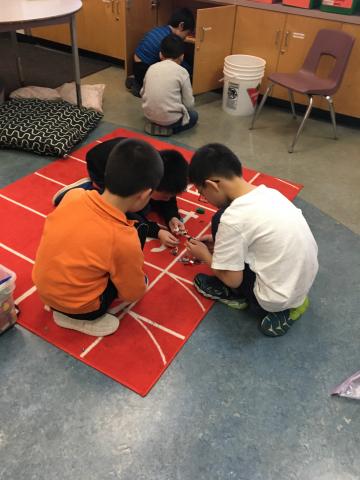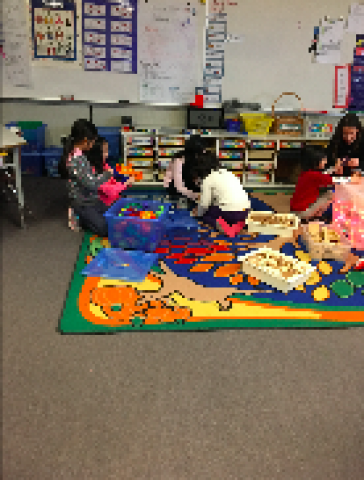June 2018 Update #1
Over the course of this school year, the staff and students at Jessie Wowk have worked hard at strengthening our relationships with each other and in building our community relationships. This focus has been mainly on: student to student relationships and student to staff relationships. Over the course of the year, students have taken part in Family Teams activities with the core focus being on our C.A.R.E.S. matrix. The table has been introduced to students, each activity focused on one letter at a time. Please see the attached CARES matrix that outlines what each letter stands for and the expectations of each word. The groups have met once each month in their family teams (a team made of about 8 students from across the grades). The grade 5, 6 and 7 students facilitate the activity, with the support of adults as needed. The goal is for students to lead each other and to learn from each other with little adult instruction. The older students help the younger students through each step of the activity. Below are some pictures from the many family teams' activities this year.
Various classes also work together in buddies. They meet a couple of times a month to complete buddy activities which may include being together and learning about each other or each group leading the other. Yes, it is possible for older students to learn from our younger students. This is particularly evident when it comes to play. Our younger students approach play with enthusiastic attitudes and a really "get in there" attitude. Our older students appear more reserved as if play is only for those younger than them. Being with the younger buddies allows each of us to find the child within and to just play. Most of us are unaware of the learning that occurs when children play. Learning is happening as we play and try to understand the world around us.
Jessie Wowk took part in Global Schools Playday--a movement organized to have children just PLAY. To just BE. On Feb. 5th students were encouraged to bring games and toys from home to share with their friends at school. The expectations: no electronic games or tablets, children were to play uninterrupted and without adult guidance. The children were to create their own play environments and to work with each other to be curious, creative and to solve problems. An hour was devoted to the play inside and then half an hour outside. Initially it was hard for some to play. It took time to get into the play. Note that it was success as we took part for a second day and the students much more readily took to play on the second day.
